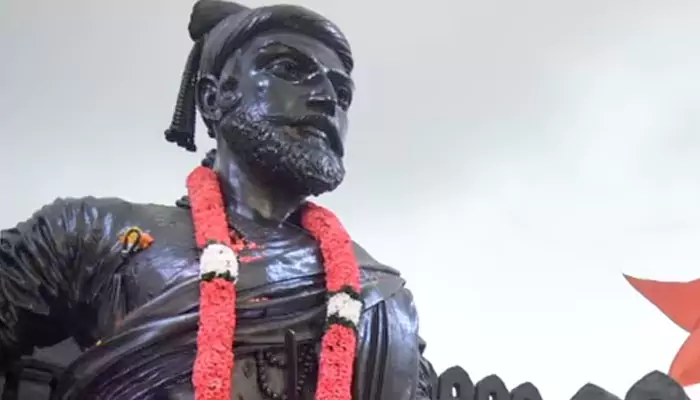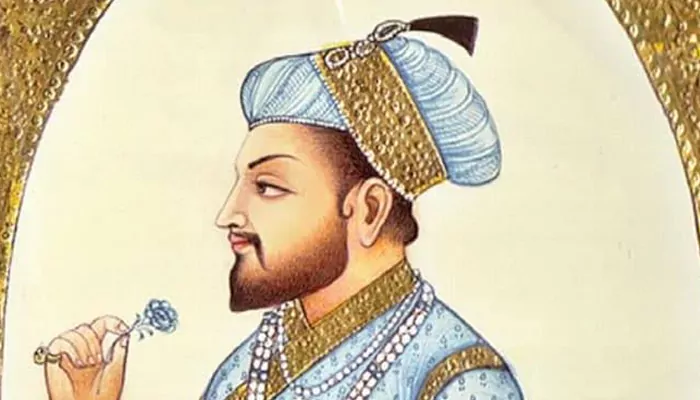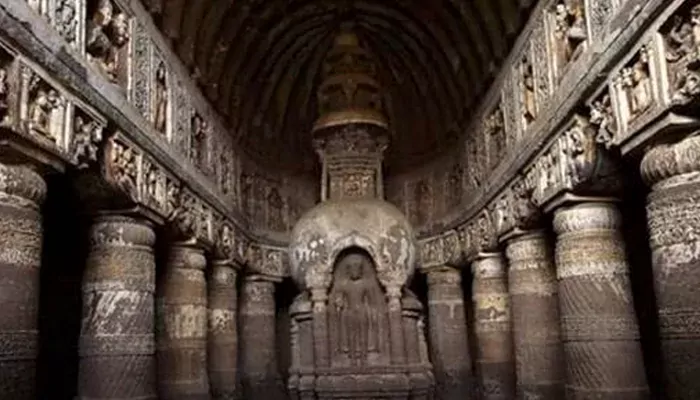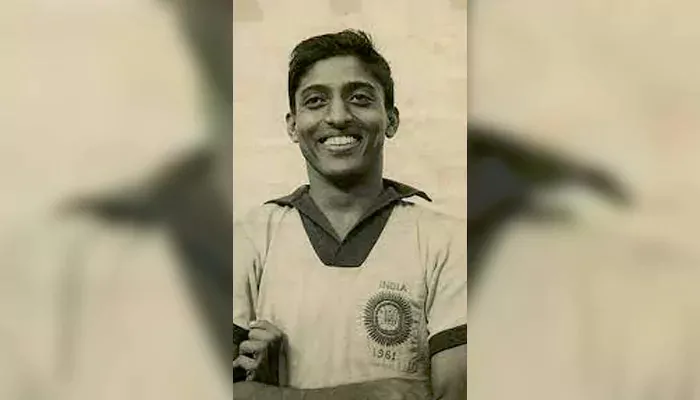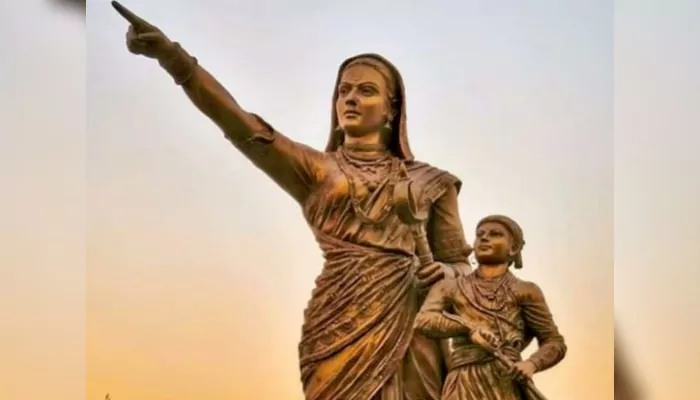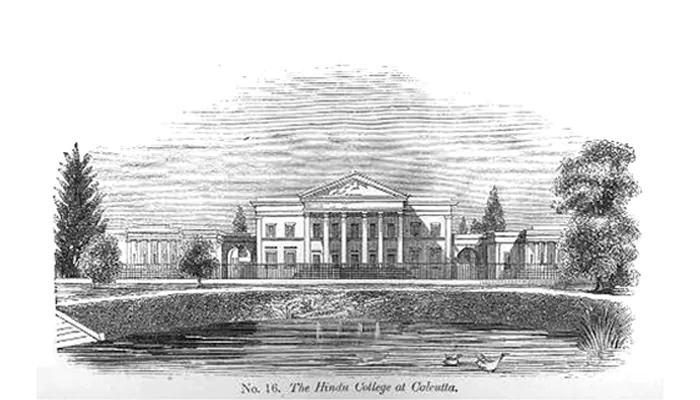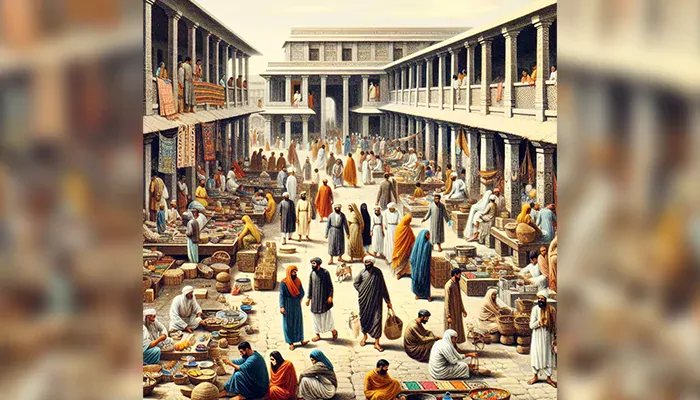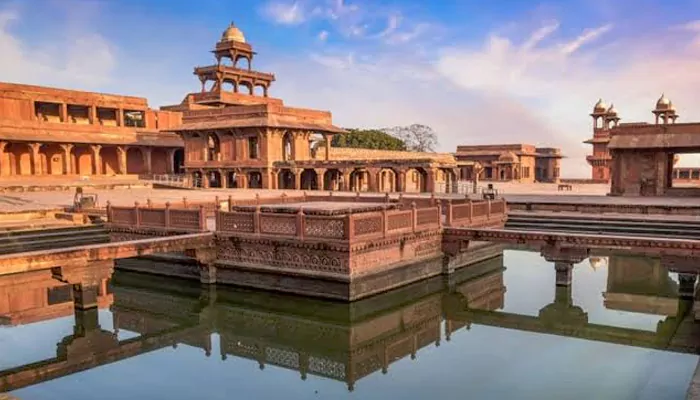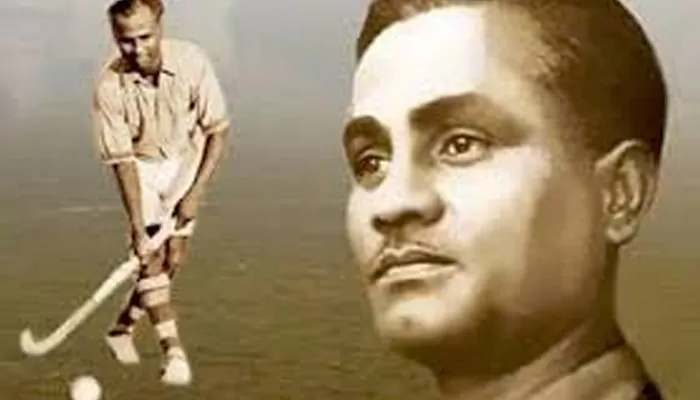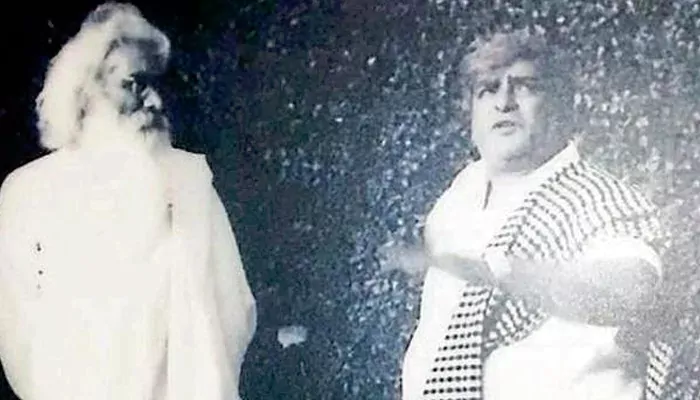The Silent Army of Spies in Mughal Courts: The Secret Network That Decided Wars
- Soham Halder
- 5 months ago
- 4 minutes read

Not swords, not cannons, but secrets shaped the destiny of empires.
When we think of the Mughal Empire, images of glittering palaces, mighty emperors, and epic battles instantly flash in our minds. But what if I told you that the real power of the Mughal court often rested not in the emperor’s sword, but in the whispers of spies? Yes, hidden behind the grandeur of Mughal courts was a silent army—an elaborate spy network that could make or break wars, topple enemies, and decide the fate of kingdoms.
Why Spies Were the Real Game-Changers
In an age when battle outcomes were swayed by elephants, archers, and cannons, intelligence was the secret weapon. Information about the enemy’s troop strength, hidden alliances, supply chains, or even a whispered plot in a noble’s chamber could mean the difference between victory and disaster.
Take Emperor Akbar for instance. His success wasn’t just about his military brilliance—it was also his well-oiled espionage system. The Mughal intelligence network stretched from palace kitchens to distant marketplaces, ensuring that no rumor went unheard and no rebellion caught them off guard.

Who Were These Silent Soldiers?
Contrary to our cinematic imagination, Mughal spies weren’t always cloaked men lurking in dark alleys. Many were ordinary people hiding in plain sight:
Merchants who carried not just goods but also gossip across regions.
Courtesans and dancers who overheard confidential pillow-talk.
Servants in enemy courts who passed on secrets disguised as casual chatter.
Even mendicants and travelers, who roamed freely gathering whispers.
These invisible agents reported back to the Mughal administration, where information was sifted, analyzed, and turned into powerful strategies.
The Spy Masters of the Mughal Courts
Every emperor relied on a trusted group of officials who ran this shadow empire. Under Akbar, the Munshis (scribes) and Bakhshis (record keepers) worked alongside intelligence officers to monitor both friends and foes. Jahangir and Shah Jahan expanded the network, while Aurangzeb—paranoid about rebellion—took espionage to the next level, placing spies even among his own brothers and governors.
In fact, many Mughal wars weren’t just won on the battlefield but in court intrigues fueled by spies. Rivalries, betrayals, and shifting loyalties were often engineered through this hidden web of information.
Spies That Changed the Course of Wars
One of the most fascinating aspects of this system was how it tipped the scales in crucial conflicts. Before a campaign, Mughal generals often knew the exact size of enemy forces, the morale of their soldiers, and even what food supplies they had. This advantage allowed them to plan surgical strikes rather than costly, drawn-out wars.
Imagine Aurangzeb marching into the Deccan already aware of Maratha guerrilla tactics—or Akbar countering Rajput moves before they were even executed. All thanks to a whisper, a letter, or a secret nod passed through the shadows.

The Cost of Secrets
Of course, spying came at a price. Double agents thrived, spreading misinformation to mislead enemies. Trust was a rare commodity in those times, and emperors often punished suspected traitors brutally. Yet, despite the dangers, the system thrived because it was indispensable to empire building.
Lessons From the Mughal Spy Network
Fast forward to today, and it’s clear: information is still the ultimate power. Be it in business, politics, or defense—intelligence often determines who stays ahead. The Mughal system of espionage was centuries ahead of its time, proving that wars are not always won by armies but by the power of knowing before the enemy does.
The Mughal Empire dazzled the world with its forts, art, and architecture, but beneath that splendor was a hidden force—the silent army of spies. They lived in whispers, thrived in shadows, and shaped the destiny of India without ever marching into battle.
Next time you admire the grandeur of the Mughal era, remember: the most powerful warriors often carried no swords—they carried secrets.

